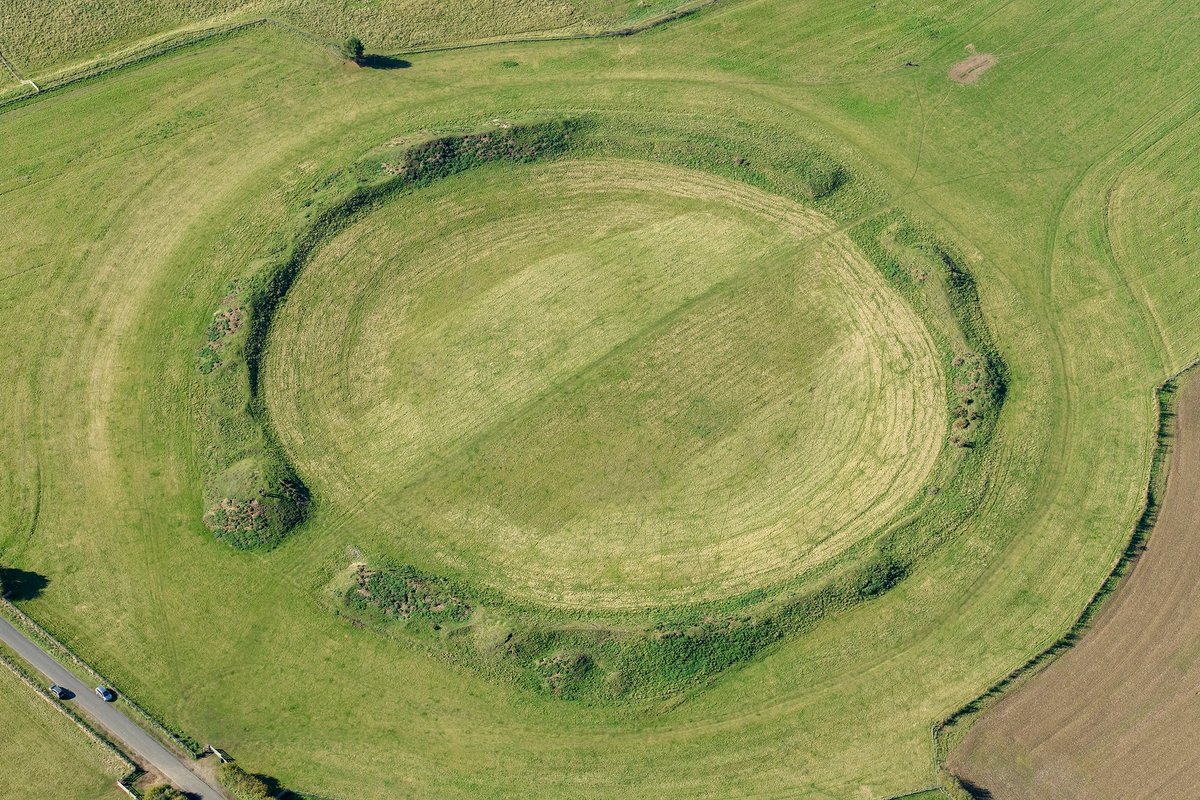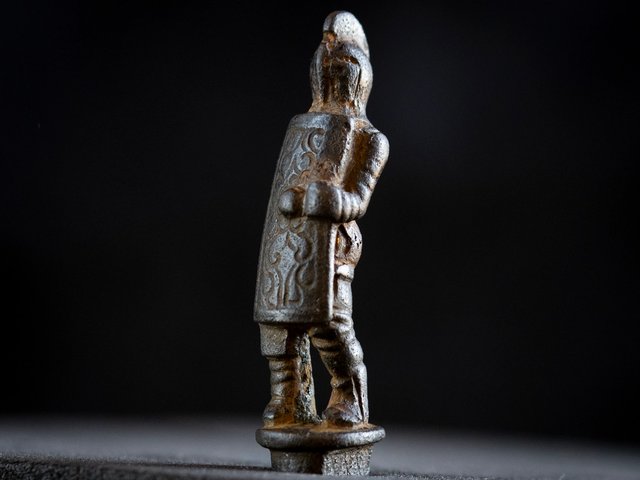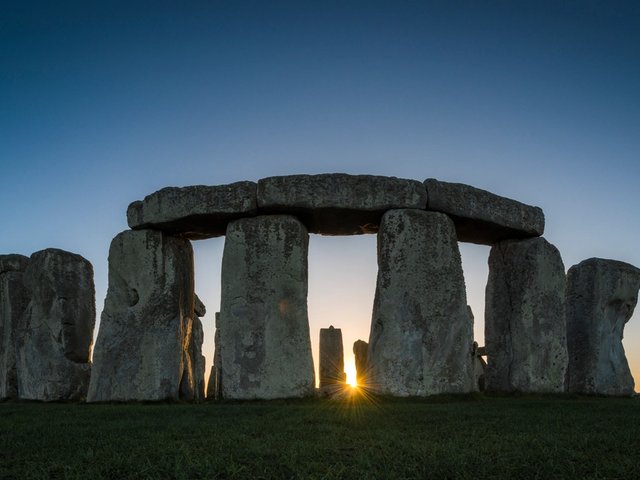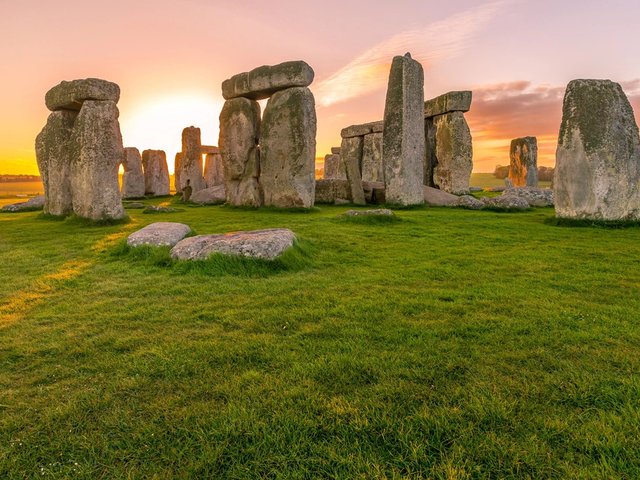An ancient site in England dubbed the “Stonehenge of the North” will open to the public today after being on an “at risk” register for more than a decade. The Thornborough Henges complex near Ripon in North Yorkshire consists in total of three vast 200m-diameter henge monuments and their surrounding landscape, forming part of a Neolithic complex. The henges (giant circular earthworks) date from 3500 to 2500BC.
The central and southern henges, which were at risk, have been gifted by the construction company Tarmac into the legal ownership of Historic England, the UK government’s heritage advisor, as part of the National Heritage Collection. The henges are managed by English Heritage.
Due to erosion caused by livestock and rabbits, the central and southern henges were added to Historic England’s Heritage at Risk Register in 2009. Tarmac will work with English Heritage and Historic England to repair the banks over the next 18 months. The henges in question have subsequently been removed from Historic England’s ‘Heritage at Risk’ register and will be accessible from today. The northern henge meanwhile remains in private ownership.
English Heritage says in a statement that the “earthworks are thought to have been part of a 'ritual landscape', comparable with Salisbury Plain in south-west England, and are probably the most important single ancient site between Stonehenge and the Orkney Islands in Scotland”.
The organisation adds in an online statement that the henges have not been excavated in depth, adding that some small trenches were built at the site in 1952. Meanwhile a major research programme between 1994 and 1998 included extensive geophysical and topographic surveys of the area.
But questions remain, English Heritage says. “When exactly were the henges built? Did they have several phases of construction? What features were inside? Does the Centre Hill cover a Neolithic monument? Was there definitely a northern cursus?” an online statement says.
“Now that the future of the henges is secure, we can turn our attention to these questions, and use new technology to help us learn more about these fascinating and important monuments.”
Rishi Sunak, the UK prime minister whose Richmond parliamentary constituency includes the henges site, says in a statement: “The Thornborough Henges site has enormous potential to help tell the story of ancient Britain and I very much welcome this announcement about its future—its safeguarding and preservation for the nation.”





